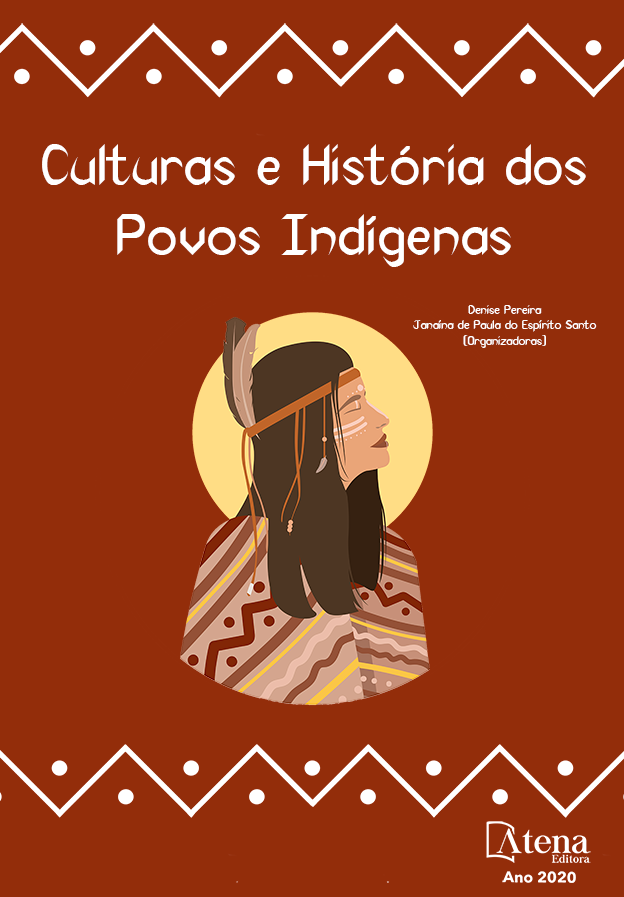
ANÁLISE DO ENSINO PRATICADO EM UMA ESCOLA INDÍGENA: O CASO DA ALDEIA TUXA EM IBOTIRAMA, BAHIA
Ao longo da história da educação escolar no Brasil, povos de diferentes etnias indígenas, travaram grandes lutas para que seus direitos fossem reconhecidos e assegurados por lei. Essa condição somente se materializou, a partir da Constituição Federal de 1988. Em se tratando das diferentes áreas do saber a escola indígena não está alheia as dificuldades e aos desafios do processo educativo. Diante desse cenário o estudo se ateve ao seguinte objetivo: Analisar se há consonância entre o ensino praticado no Colégio Estadual Indígena Marechal Rondon em consideração aos conhecimentos tradicionais da cultura Tuxa do Assentamento Terra Indígina Tuxa, no municipio de Ibotirama, região Oeste da Bahia. A pesquisa se limitou ao universo docente, contemplando 6 professores incluindo o diretor no período de outubro a novembro de 2019. A coleta de dados ocorreu por meio da aplicação de questionário em que os resultados da investigação foram avaliados através de uma abordagem qualitativa e da metodologia de análise do conteúdo. Constatou-se empenho do corpo docente e diretivo em assimilar a cultura indígina para dentro do ambiente escolar através da inclusão de atividades culturais e exposições que priorizem os saberes tradicionais da etnia Tuxa. Esse movimento de valorização e de resgate da identidade é facilitado em razão da grande maioria dos membros da escola se auto-declararem indígenas. O desafio que se projeta para a escola perpassa por um processo de reformulação e adoção de um Projeto Político Pedagógico (PPP) que expresse os saberes culturais da etnia Tuxa e favoreça em ações afirmativas de valorização e fortalecimento da cultura tradicional. Cumpre as poder público, viabilizar o contingente de livros e materiais-didáticos contextualizados a educação indígena com foco no fortalecimento de costumes e na vivência da própria aldeia, alem de aumento da oferta e da acessibilidade para as atividades relacionadas a educação continuada.
ANÁLISE DO ENSINO PRATICADO EM UMA ESCOLA INDÍGENA: O CASO DA ALDEIA TUXA EM IBOTIRAMA, BAHIA
-
DOI: 10.22533/at.ed.6682016095
-
Palavras-chave: Etnias indígenas; Conhecimentos tradicioanais; Cultura Tuxa; Assentamento Terra Indígena Tuxa; Educação indígena.
-
Keywords: Indigenous ethnic groups; Traditional knowledge; Tuxa Culture; Tuxa Indigenous Land Settlement; Indigenous education.
-
Abstract:
Throughout the history of school education in Brazil, people of different indigenous ethnicities have fought great struggles to ensure that their rights are recognized and guaranteed by law. This condition only materialized, starting with the Federal Constitution of 1988. When it comes to the different areas of knowledge, the indigenous school is not unaware of the difficulties and challenges of the educational process. Given this scenario, the study focused on the following objective: To analyze whether there is consonance between the teaching practiced at the Colégio Estadual Indígena Marechal Rondon in consideration of the traditional knowledge of the Tuxa culture of the Terra Indígina Tuxa settlement, in the municipality of Ibotirama, in the western region of Bahia. The research was limited to the teaching universe, including 6 professors including the director from October to November 2019. Data collection occurred through the application of a questionnaire in which the results of the investigation were assessed through a qualitative approach and the methodology content analysis. There was a commitment by the teaching staff and directors to assimilate indigenous culture into the school environment through the inclusion of cultural activities and exhibitions that prioritize traditional knowledge of the Tuxa ethnic group. This movement of valuing and recovering identity is facilitated because the vast majority of school members declare themselves to be indigenous. The challenge that is projected for the school goes through a process of reformulation and adoption of a Political Pedagogical Project (PPP) that expresses the cultural knowledge of the Tuxa ethnicity and favors in affirmative actions of valorization and strengthening of the traditional culture. The State Department of Education is responsible for making the contingent of books and teaching materials contextualized to indigenous education with a focus on strengthening customs and the experience of the village itself, in addition to increasing the offer and accessibility for activities related to continuing education.
-
Número de páginas: 15
- Adriana Maria dos Santos
- FABIO DE OLIVEIRA


